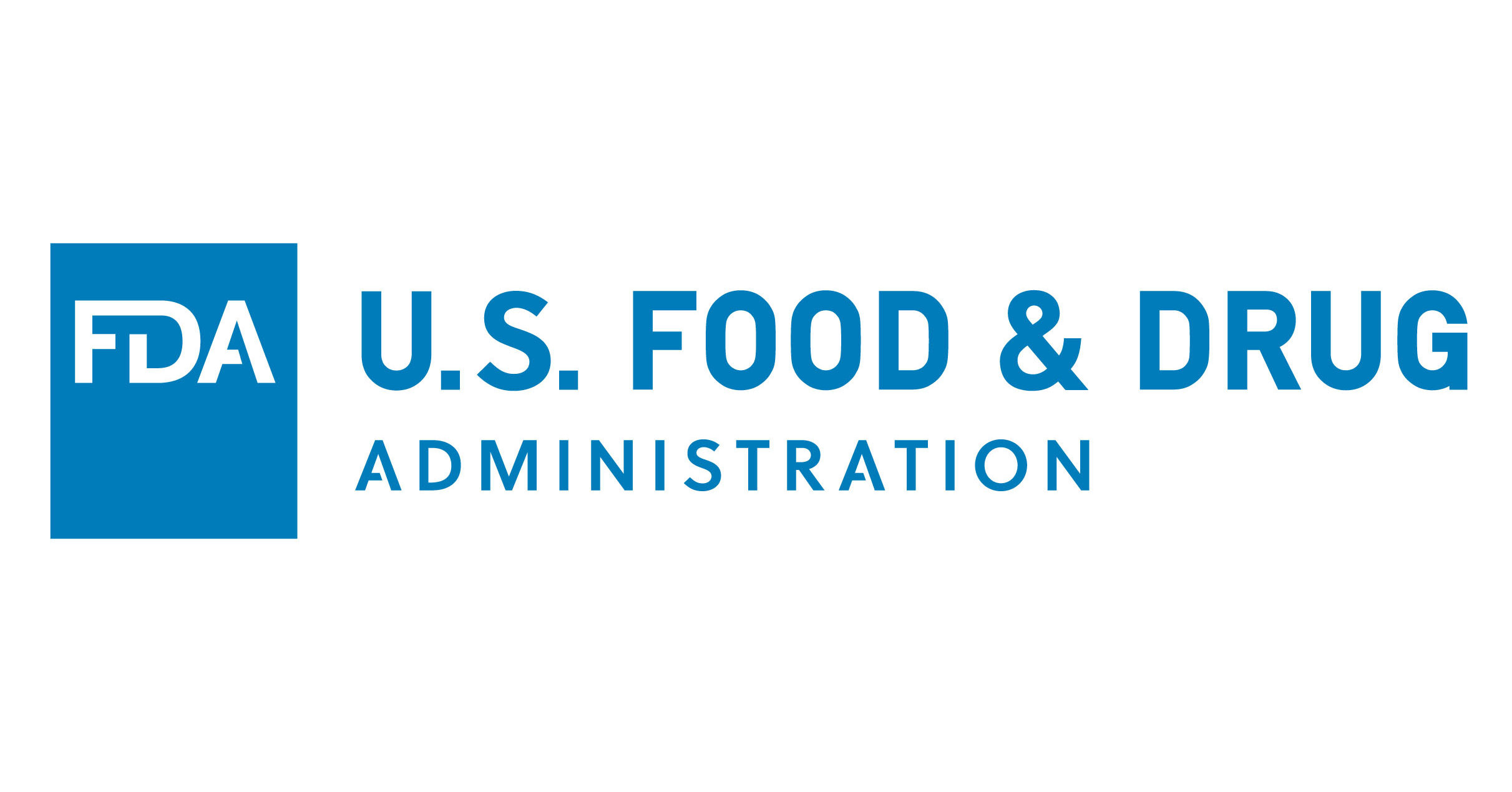Nalmefene Hydrochloride Product in Nasal Spray Form Provides Additional Tool for Harm Reduction Groups and First Responders
SILVER SPRING, Md., May 22, 2023 /PRNewswire/ — Today, the U.S. Food and Drug Administration approved Opvee, the first nalmefene hydrochloride nasal spray for the emergency treatment of known or suspected opioid overdose in adults and pediatric patients 12 years of age and older. This is the first FDA approval of nalmefene hydrochloride nasal spray for health care and community use.
“The agency continues to advance the FDA Overdose Prevention Framework and take actionable steps that encourage harm reduction by supporting the development of novel overdose reversal products,” said FDA Commissioner Robert M. Califf, M.D. “On the heels of the FDA’s recent approval of the first over-the-counter opioid reversal agent, the availability of nalmefene nasal spray places a new prescription opioid reversal option in the hands of communities, harm reduction groups and emergency responders.”
Drug overdose persists as a major public health issue in the United States, with more than 103,000 reported fatal overdoses occurring in the 12-month period ending in November 2022, primarily driven by synthetic opioids like illicit fentanyl.
Nalmefene is an opioid receptor antagonist which is used to treat acute opioid overdose. If nalmefene is administered quickly, it can reverse the effects of opioid overdose, including respiratory depression, sedation and low blood pressure (i.e., hypotension). The newly approved product, which delivers 2.7 milligrams (mg) of nalmefene into the nasal cavity, is available by prescription and is intended for use in health care and community settings.
The approval of Opvee was supported by safety and pharmacokinetic studies, as well as a study in people who use opioids recreationally to assess how quickly the drug works. The most common adverse reactions include nasal discomfort, headache, nausea, dizziness, hot flush, vomiting, anxiety, fatigue, nasal congestion and throat irritation, pain in the nose (rhinalgia), decreased appetite, skin redness (erythema) and excessive sweating (hyperhidrosis).
The use of nalmefene hydrochloride in patients who are opioid-dependent may result in opioid withdrawal characterized by the following signs and symptoms: body aches, diarrhea, fast heart rate (tachycardia), fever, runny nose, sneezing, goosebumps (piloerection), sweating, yawning, nausea or vomiting, nervousness, restlessness or irritability, shivering or trembling, abdominal cramps, weakness and increased blood pressure.
The FDA granted this application Priority Review designation which expedites the development and review of drugs that have the potential to provide a significant improvement in the safety or effectiveness of the treatment, diagnosis or prevention of a serious condition.
The FDA granted approval of Opvee to Opiant Pharmaceuticals Inc.
The FDA’s Overdose Prevention Framework is the agency’s vision to undertake impactful, creative actions to prevent drug overdoses and reduce deaths. The framework consists of four priorities, including encouraging harm reduction through efforts to increase availability and expand access of overdose reversal products.
Additional Resources:
Media Contact: Lauren-Jei McCarthy, 240-702-3940
Consumer Inquiries: Email, 888-INFO-FDA
The FDA, an agency within the U.S. Department of Health and Human Services, protects the public health by assuring the safety, effectiveness, and security of human and veterinary drugs, vaccines and other biological products for human use, and medical devices. The agency also is responsible for the safety and security of our nation’s food supply, cosmetics, dietary supplements, products that give off electronic radiation, and for regulating tobacco products.
SOURCE U.S. Food and Drug Administration


